ICMR says excessive salt intake fuelling silent epidemic in India
Tue 15 Jul 2025, 01:04:52
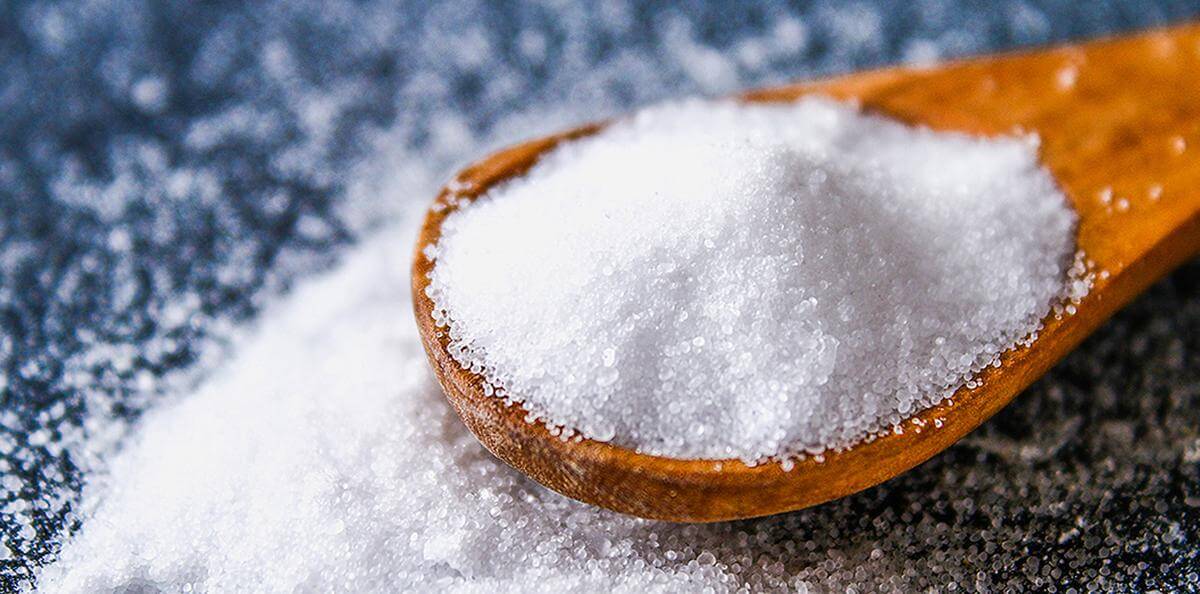
Scientists from the Indian Council of Medical Research's National Institute of Epidemiology said that excessive salt consumption is fuelling a silent epidemic in India with people at increased risk of hypertension, stroke, heart disease, and kidney disorders. The scientists have also initiated a community-led salt reduction study to address the issue and are focusing on low sodium salt substitutes.
The World Health Organisation (WHO) recommends less than 5 grams of salt per person per day. However, studies show that urban Indians consume around 9.2 grams/day, and even in rural areas it is around 5.6 grams/day, both of which are higher than the recommended level.
Dr Sharan Murali, a senior scientist at National Institute of Epidemiology (NIE) and principal investigator of the study, said that one promising tool in this effort is low-sodium salt substitutes -- blends where part of the sodium chloride is replaced with potassium or magnesium salts.
"Lesser sodium consumption helps reduce blood pressure and improves overall heart health, making low-sodium alternatives a meaningful switch, especially for those with hypertension," Dr Murali stated.
"Just switching to low-sodium salt can lower blood pressure by 7/4 mmHg on average' a small change with a big impact," Dr Murali said.
To tackle the issue of high salt consumption, the NIE has launched a three-year intervention project in Punjab and Telangana, supported by the Indian Council of Medical Research (ICMR).
Dr Ganesh Kumar, senior scientist at NIE, who is also a part of the study said the goal is to evaluate the effectiveness of structured salt reduction counselling, delivered by health workers at Health and Wellness Centres (HWCs), in reducing blood pressure and sodium intake among individuals with hypertension.
"We are currently in the first year of the project, focused on baseline assessments and field preparations," Dr Kumar
said.
said.
"Counselling materials are not yet finalised; rather, we aim to co-create the intervention package with the community health workers, drawing on their experiences and incorporating their suggestions. It's not just about delivering health education - it's about listening, understanding, and building together," Dr Murali said.
To ensure interventions are grounded in reality, the NIE conducted a market survey across 300 retail outlets in Chennai to assess the availability and pricing of low-sodium salt (LSS).
They found that LSS was available in only 28 per cent of retail outlets. It was seen in 52 per cent of supermarkets, but a dismal 4 per cent in small grocery shops.
The price of LSS averaged Rs 5.6 per 100g, more than twice the price of normal iodised salt (Rs 2.7 per 100g).
These findings highlight a critical supply-demand disconnect, Dr Murali said.
"The lower demand for low sodium salt might be leading to its lower availability - it's a proxy indicator of awareness and access," noted Dr. Murali.
To spark a public conversation around salt reduction, the NIE has also recently launched the #PinchForAChange campaign on Twitter and LinkedIn through ICMR-NIE.
Using infographics, facts, and simple messages, the campaign aims to raise awareness about hidden salt sources, promote low-sodium alternatives, and empower individuals to make heart-healthy choices.
"If successful, this project could lead to the integration of sustainable dietary counselling models into the existing public health system. It can bridge the gap between knowledge and action, improve health literacy, and ultimately reduce the burden of hypertension-related diseases.
"This is not just about reducing salt. It's about restoring balance in our diets, our systems, and our hearts. Together, one pinch at a time, we can create lasting change," Dr Murali added.
No Comments For This Post, Be first to write a Comment.
Most viewed from Health
AIMIM News
Latest Urdu News
Most Viewed
May 26, 2020
Is it right to exclude Bangladesh from the T20 World Cup?
Latest Videos View All
Like Us
Home
About Us
Advertise With Us
All Polls
Epaper Archives
Privacy Policy
Contact Us
Download Etemaad App
© 2026 Etemaad Daily News, All Rights Reserved.

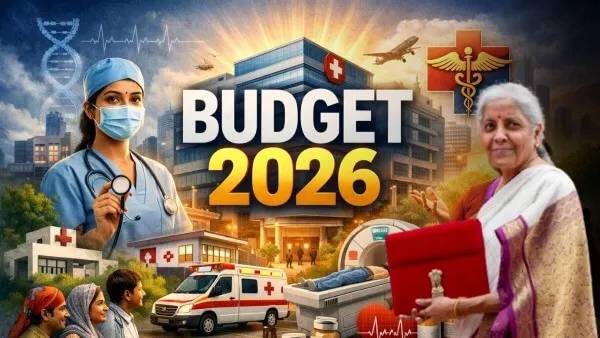


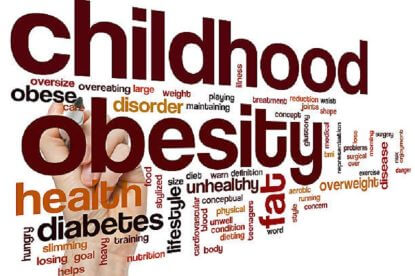




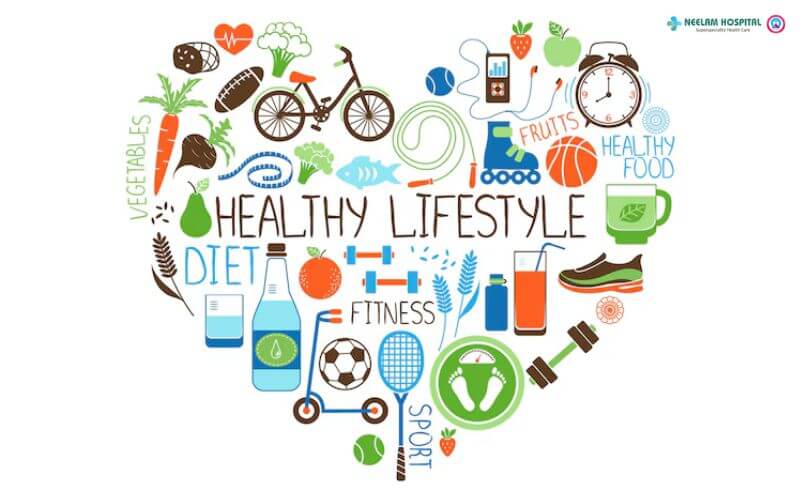
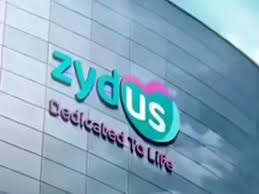

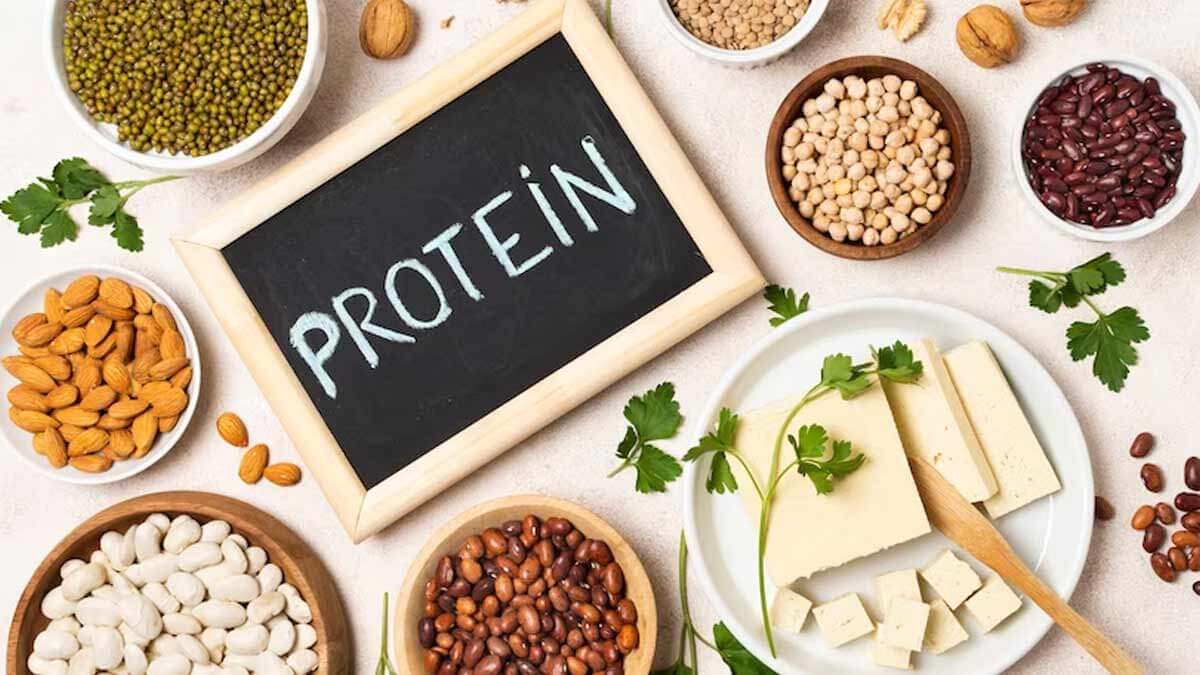

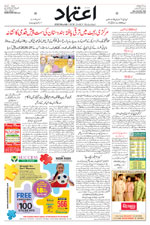










.jpg)
.jpg)
.jpg)


